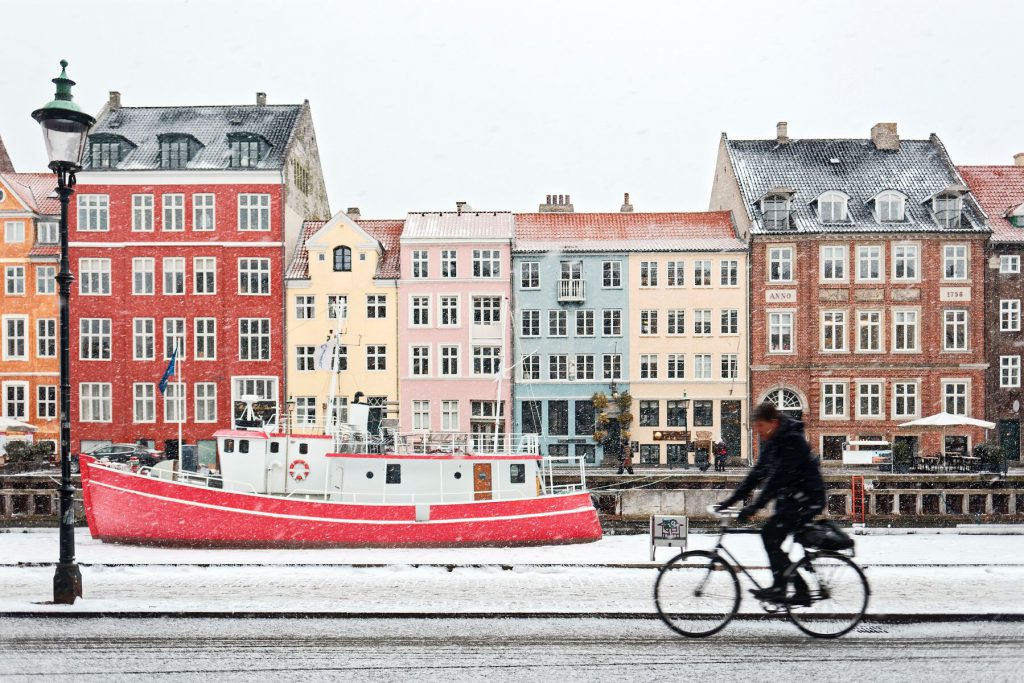Denmark is notably costly for expatriates, even by European standards, with high expenses for gasoline, utilities, and dining out. Nevertheless, relatively high incomes help counterbalance these costs, and while Copenhagen, the capital, is among the world’s most expensive cities, life beyond it remains fairly pricey. Expatriates in Denmark can expect a high standard of living, which often offsets the elevated living expenses, and the country has consistently ranked as one of the world’s happiest.

Healthcare
Denmark’s healthcare system is regarded as being effective and of the highest caliber. Thankfully, the state extensively subsidizes it, benefiting both residents and foreigners. Due to the high tax rates in the nation that cover these expenses, doctor’s appointments or hospital stays may seem to be quite affordable. Danish healthcare costs may come as a surprise to expats from nations with private healthcare systems while those from nations with free healthcare may see a minor increase. While public healthcare in the country is generally of high quality, some foreigners opt for private health insurance in Denmark. This is often to cover procedures not fully funded by the government or to bypass waiting times. It’s wise to carefully consider the costs and benefits of private health insurance before deciding. Furthermore, even with insurance, prescription medications may involve co-payments, so it’s prudent to budget for potential out-of-pocket expenses.
Education
Since educational cost is free in Denmark, the expense of schooling is very modest. Foreign parents should consider the robust support program for non-Danish students in public schools, rather than dismissing them due to language barriers. Some public schools teach French or German curriculum in their native tongues or offer the International Baccalaureate in English. Schooling in Denmark may be expensive for individuals who choose private education, with foreign school costs being especially extravagant. These schools may be the best option for families that want to remain in Denmark temporarily since they provide a wider selection of curriculum than public schools.
Transport
If commuters utilize trains and buses instead of cabs, transportation in Denmark may be more cheap. The price of owning a vehicle is likewise famously high, as is the price of gasoline. Walking and cycling, on the other hand, are common, economical, and healthful forms of transportation.
Groceries
Expats may be shocked the first time they enter a Danish grocery shop since groceries tend to be on the pricey side there. However, good planning may help you keep expenses to a minimum. Costs may be decreased by purchasing locally made, seasonal commodities and limiting imports as much as possible. In Denmark, a significant portion of an expat’s monthly spending will go toward housing. The location of their house should be carefully considered by expats since it often affects the cost. In particular, Copenhagen’s fame and small size make lodging pricey and difficult to come by. Budgeting for this extra fee is crucial since utilities are sometimes not included in the rental price. The first deposit might cost as much as three months’ worth of rent when looking for a place to reside. Some landlords may need a one-time, advance payment for an extra three months’ rent.
Having fun and dining out
Denmark has a wide variety of entertainment alternatives for relaxing, although one’s pocketbook could feel a little lighter afterward. The cost of movies, plays, and other types of entertainment is often more than what most Western expats are used to in their home nations. Additionally, be prepared to spend a big buck if a pint at the neighborhood pub is your idea of leisure. The price of alcoholic drinks in Denmark may make you miss happy hours back home. With its rich culinary legacy, Denmark may be a lovely place to eat out, but this usually has a cost. Even though there are many affordable restaurants and cafés, particularly in metropolitan areas, a dinner at a mid-range restaurant may be rather expensive. The price of a little supermarket run may be comparable to an evening out for two. Expats from nations with a strong restaurant culture, like the US or Australia, may discover that they cook at home more often than they are used to.
You may also like these articles
Buying property in Denmark – full guide
